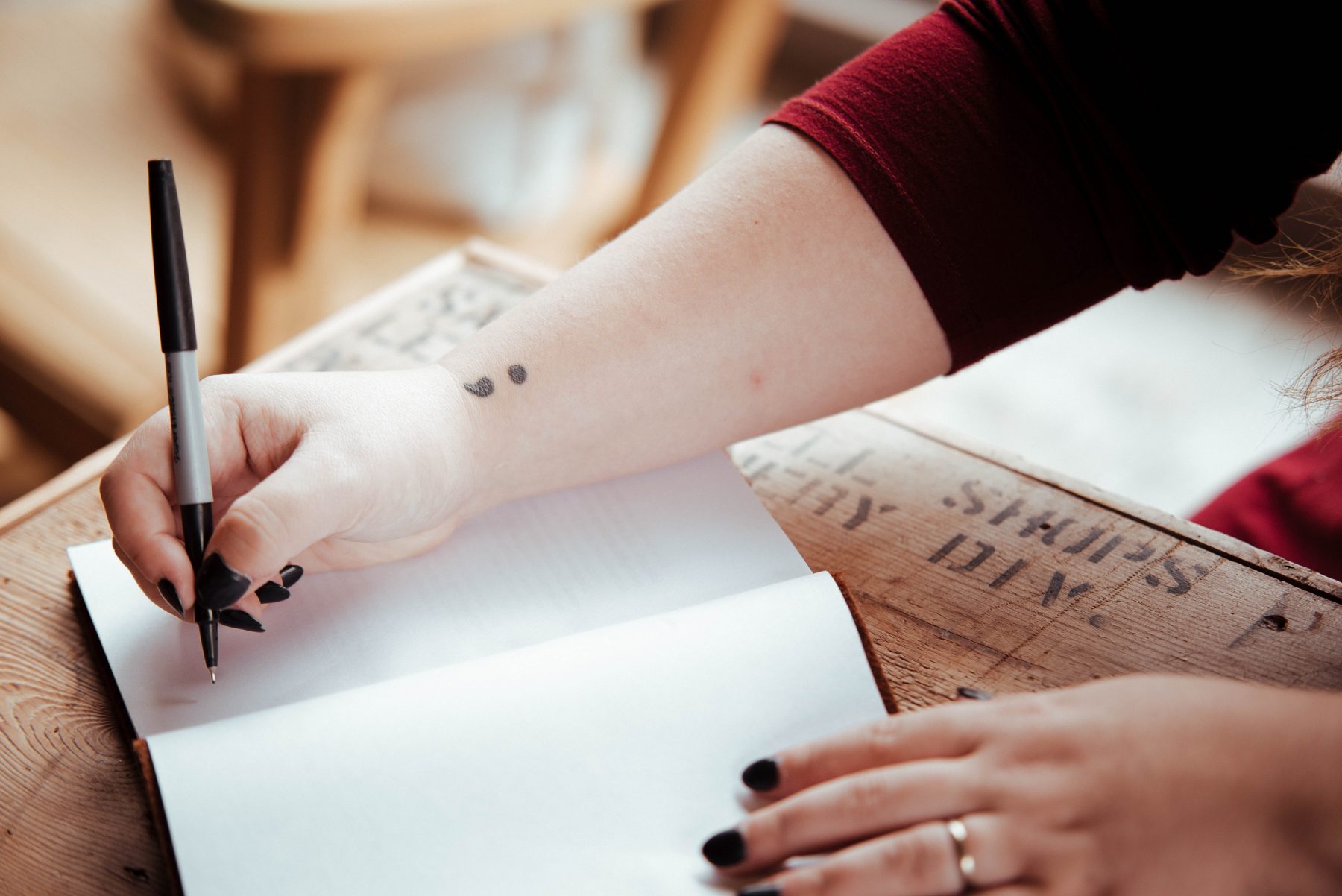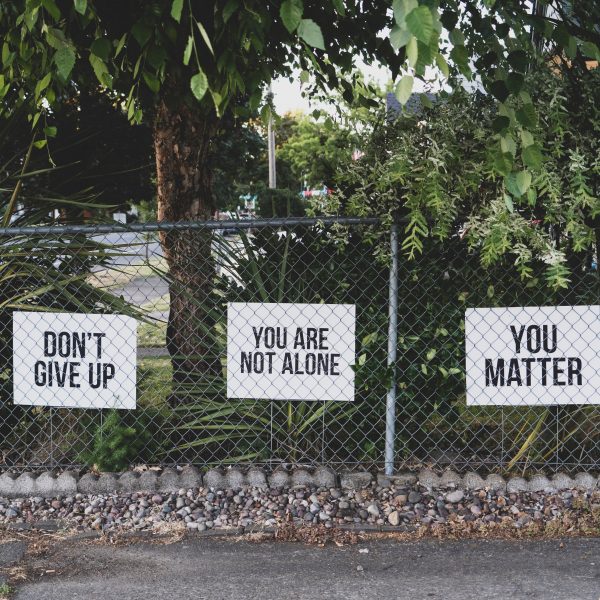Workplace mental health injuries on the rise, particularly amongst women, ACTU notes

New figures, presented in the latest Australian Workers’ Compensation Statistics show rising numbers of mental health injuries, particularly among women.
Concerningly, these figures are based on claims submitted in the 2018-19 year, pre-COVID-19, leaving some concern that the next round of figures will reveal that Australians are increasingly at risk of becoming mentally unwell as a result of workplace issues.
In the 2018-19 year there were over 114,000 serious workers’ compensation claims made, with women almost three times as likely as men to sustain mental health injuries at work – a worrying statistic for a highly feminised workforce, such as the early childhood education and care (ECEC) sector.
While healthcare and social assistance were the top sectors in which women were disproportionately injured compared to their male colleagues, women were “also overrepresented for serious claims” made in the education and training sector.
The statistics, the Australian Council of Trade Unions (ACTU) said, highlight the need for work health and safety regulations that address mental health hazards in the workplace.
To date, there are over 20 formal workplace health and safety regulations that provide guidance for physical hazards, and none in place for mental health hazards.
The rise of mental health injuries in the workplace is expected to only be exacerbated in 2019-20 statistics, with the pandemic creating a number of unprecedented issues that affect mental health and wellbeing, as well as a significant increase in reliance on essential services such as ECEC and their workers.
The release of the statistics comes ahead of a meeting of Ministers of Workplace Safety from each state and territory to discuss recommendations from the Boland Review, one of which is the inclusion of mental hazard regulations in the Workplace Health and Safety Act.
The ACTU is calling on the Ministers to protect workers from mental health hazards and injuries by adopting the Boland Review’s recommendation.
“Women are overrepresented in the statistics of mental health injuries sustained in the workplace, this needs to be addressed,” ACTU Secretary Sally McManus said.
“We need to protect every person whose job has been disproportionately affected by the pandemic, and women are overrepresented in these jobs.”
“Every Australian has a right to be safe at their place of work, and that extends beyond physical injury. With an increase of conversations around the importance of sound mental health and wellbeing, our workplace health and safety standards should evolve to reflect that.”
To access the statistics referenced in this piece, please see here. For more information about creating a mentally healthy workplace, see here.
Popular

Quality
Practice
Provider
Research
ECEC in focus - Una Springwood’s intergenerational initiative brings young and old together through connection and care
2025-06-30 10:00:45
by Contributed Content

Provider
Practice
Quality
Research
Aboriginal Education Strategy drives early learning and school success in South Australia
2025-07-01 09:55:12
by Fiona Alston

Workforce
Policy
Quality
Research
Inclusive Practice Framework set to strengthen inclusion in early childhood settings
2025-06-24 11:37:00
by Isabella Southwell











